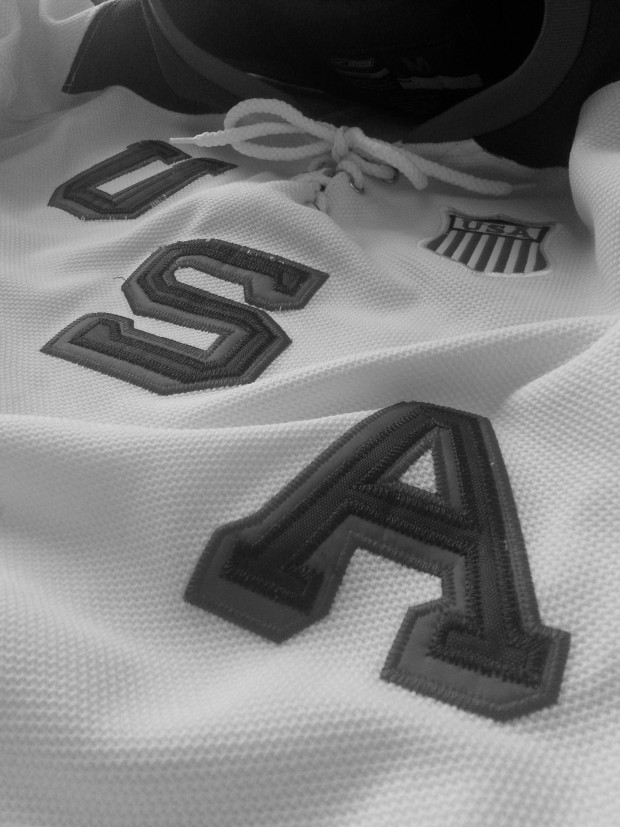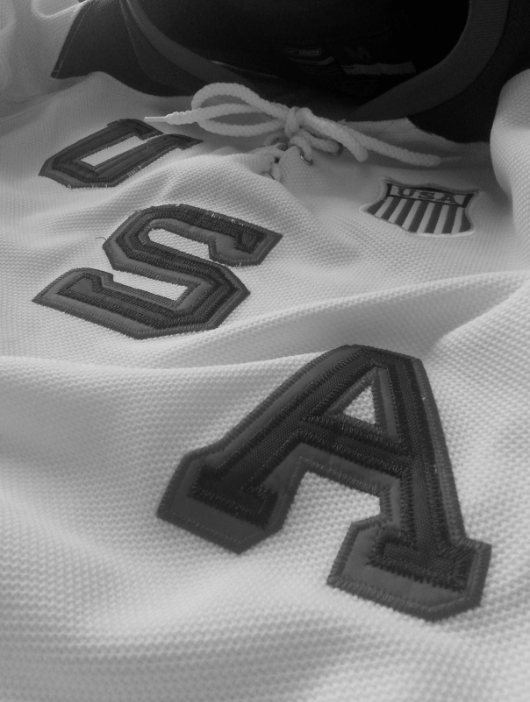
History highlights disasters. We use history to remind ourselves of previous mistakes in hopes that they won’t happen again, but more often than not, we see repetition of human error.
I won’t go as far as calling the 2014 Sochi Olympics a complete disaster, but as these games came to a close, I felt the Olympic standard had been lowered.
The main question that continues to run through my mind is, “Why would the Olympic selection committee choose Sochi of all places?”
One of the most obvious problems was the weather. The Sochi weather pattern has been above freezing for the majority of the games, as it should be! Sochi is a sub-tropical town known for its resorts on the Black Sea. The streets of the city are lined with palm trees.
For these games, the Russians compiled large reserves of snow in anticipation of warm weather. This isn’t a new concept; the Vancouver games featured helicopters carrying large amounts of snow in case of a “dry spell.” But my confusion came when I realized that an atypical absence of snow wasn’t the problem, it was Sochi’s climate. With temperatures in the mid-50s, the snow turned to slush.
The perfect example of this was the men’s snowboard halfpipe event. Normally this event entails snowboarders outdoing each other with enormous acrobatic tricks, but this year, the attention was focused on making it to the bottom without falling. With the television commentators noting the imperfection of the snow, it seemed like these world-class athletes were disappointed that they had to compete in a less-than-ideal setting.
Speaking less than ideal, how about the total completion failure in Olympic Village? With just days before the opening ceremony, the press arrived to find Sochi completely unprepared. Hotels without lobbies, wild dogs in unfinished bedrooms and crews spray painting grass to literally be greener: the place was a disaster.
One of the more notable experiences was CNN’s arrival to the games, which was the start of the hashtag “#SochiProblems.” Members from the news organization arrived to find that their hotel, booked months in advance, had only one room that was actually fully constructed. While the press had so many problems in Sochi, the athletes suffered, again. Trapped, American bobsledder Johnny Quinn had to break down the door of his bathroom after it jammed.
So where does the blame go? I think it’s a combination of the Olympic selection committee and Russian President Vladimir Putin.
Putin wanted these games and lobbied a great deal for them. After being granted this privilege, the world watched as ethical controversies in Russia became more and more troubling. Passing anti-gay laws and producing a flurry of propaganda, the Russian government sparked outrage across the globe. This culminated in protest by entire nations against the Russians.
The Canadian government released a tongue-in-cheek television ad with two lugers claiming, “the games have always been a little gay, let’s fight to keep them that way.” The German Olympic team created “rainbow” uniforms, and President Obama appointed Billie Jean King, an openly gay tennis superstar, to represent the United States delegation.
Even Russian citizens are speaking out … or at least trying to. This past week, the Russian punk rock group Pussy Riot tried to hold an impromptu public concert in Sochi. The result was a group of Cossack police beating the women with a horse whip and stomping on them while they were on the ground. So much for peaceful protest.
The Olympic Spirit is supposed to instill a sense of community and equality in the world. Countries vie to have the games in their cities as a way to teach the world about their cultural uniqueness. These games tried to spotlight the rich culture and history of Russia, but instead the focus was on a far uglier truth.
The legitimacy of the games was ruined for me as tensions in the Ukraine rose. As the Russian government preached the Olympic Spirit of community, it used bully politics to add pressure toward the Ukrainian government to not join the European Union. A great contradiction indeed.
As the world watched gold medal games, it also watched Kiev burn as our Olympic hosts held the match.
I can only hope that the future decisions for Olympic hosts are thought over more carefully. I can’t help but draw connections between these games and the 1936 Summer Olympics in Berlin, three years before the outbreak of World War II. The creation of Russia’s anti-gay laws and the government’s effort to downplay everything in an attempt to “appear” normal, coincides with laws passed to limit the rights of Jews.
Maybe it’s premature to compare modern Russia to Nazi Germany, but history has an eerie way of repeating itself.
Alex Goering can be reached at goer8777@stthomas.edu.





